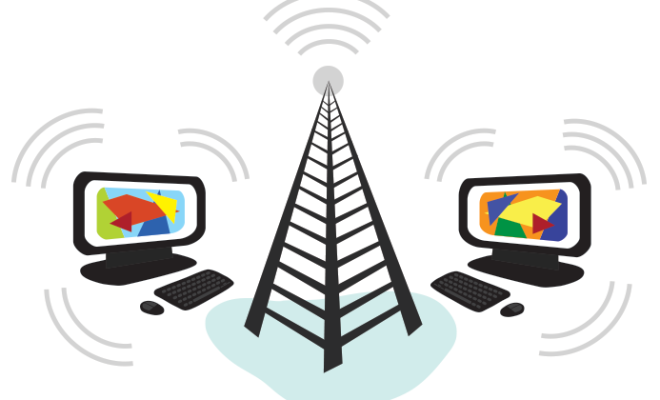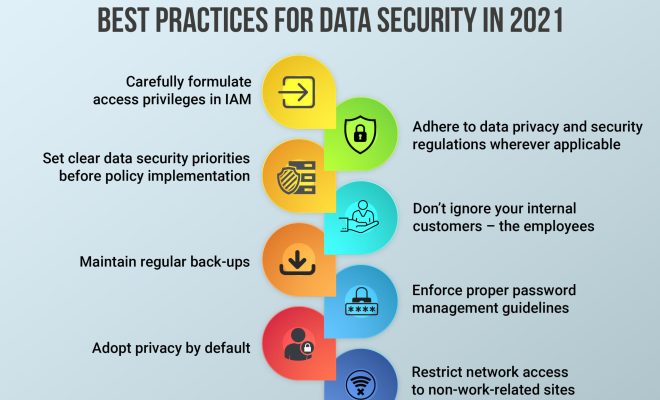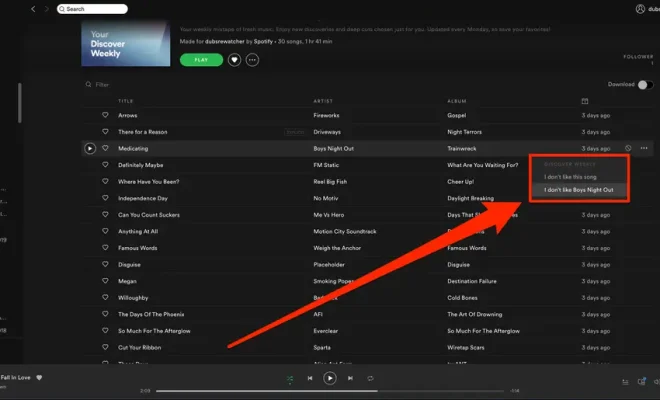What is the Open Internet (OI)?

The Open Internet (OI) is an idea that has been gaining popularity in recent years, spurred on by concerns over online privacy and net neutrality. It refers to the principle that the internet should remain accessible to everyone, and that all online traffic should be treated equally, without discrimination or interference from Internet Service Providers (ISPs) or governments.
At its core, the Open Internet is about fostering innovation and creativity, by providing a level playing field for all users, regardless of their location, economic status, or political affiliation. It is an idea that is often associated with the early days of the internet, when it was seen as a democratizing force, enabling individuals and communities to connect and share information in ways that were previously impossible.
However, as the internet has grown and become more commercialized, it has also become subject to greater control and regulation. ISPs, in particular, have had a significant impact on the Open Internet, by imposing restrictions on certain types of content, or by instituting paid prioritization schemes that give preferential treatment to certain websites or services.
This has led to concerns about the erosion of the Open Internet, and the creation of a two-tiered online world, where those with the means to pay for faster, more reliable access are given preferential treatment, while others are left behind.
Advocates of the Open Internet argue that this is a dangerous trend, not only because it stifles innovation and creativity, but also because it threatens the fundamental principles of free speech and expression. If certain voices are silenced, or if only a privileged few are able to access certain types of content, then the internet becomes a tool of control, rather than a force for liberation and empowerment.
To protect the Open Internet, a number of measures have been proposed, including the implementation of net neutrality rules, which prohibit ISPs from discriminating against certain types of traffic, or from giving preferential treatment to specific websites or services. These rules have been adopted in several countries around the world, including the United States, and are seen as a vital component of maintaining a free and open internet.






